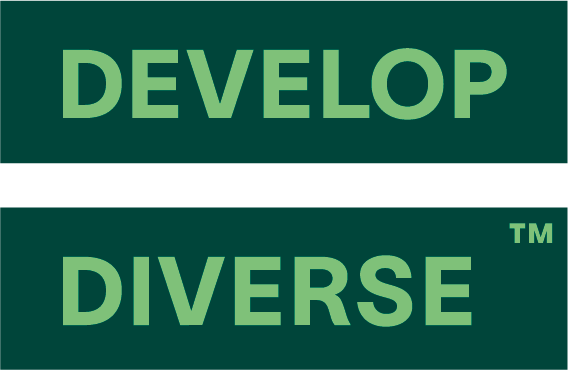Systemic racism is based on policies and practices that contribute to the unfair advantage to some people and unfair treatment of others based on their race.
What does systemic racism mean?
Systemic racism refers to the fact that racism is not an isolated event that occurs randomly and separated from the rest of society, but rather is a systemic phenomenon ingrained in our institutions and policies. It can be found in most political and cultural systems, including the education, healthcare and criminal justice systems. The policies and practices found within these institutions may reflect racist attitudes and biases.
The consequences of systemic racism are reflected in the growing wealth gap, disparities in education and employment, limited access to quality healthcare, and disproportionate rates of incarceration among marginalized communities.
Some examples of systemic racism
- Unequal access to education: The school system is often a source of systemic racism. This is reflected in the fact that minority school districts often get less funding than predominantly white school districts.
- Employment and income: Systemic racism has a profound effect on employment opportunities and outcomes for individuals from minority ethnic backgrounds, starting with the hiring process.
- Healthcare: Systemic racism is prevalent in healthcare systems around the world, leading to unequal access to quality care and contributing to health disparities among marginalized communities. This perpetuates a cycle of disadvantage and worsens health outcomes for people from minority ethnic backgrounds.
- Immigration policy: Discriminatory visa practices, racial profiling and unequal treatment are all manifestations of systemic racism. Policies that target specific racial or ethnic immigration groups contribute to the ongoing systemic racism within immigration systems.
- Housing: Minority ethnic groups are often subject to discriminatory lending practices and limited access to affordable housing. These barriers prevent them from accessing equitable housing opportunities. This also contributes to wealth disparities.
Systemic racism in Europe
While the EU is known for its cultural and ethnic diversity, it is not exempt from the presence of systemic racism. Racist structures within Europe have led to premature deaths of people of color. Police violence, inadequate protection from COVID-19, and migration policies all contribute to these problems.
Here are some examples:
- Belgium has witnessed police-related deaths, like the case of Adil in April 2020 and Ibrahima in January 2023.
- A recent study in Sweden indicates higher COVID-19 death risks for immigrants from low or middle-income countries.
- People of color die while attempting to reach Europe’s southern borders because of discriminatory migration responses.
- France has had to target civil society groups supporting racialized communities, including the suppression of organizations like the Collective against Islamophobia in France.
All of these issues have led to the approval of the EU Anti-Racism Action Plan 2020-2025 in 2020, which proposes specific actions in collaboration with actors and institutions at the local, national and global levels.
Addressing systemic racism in the workplace
Workers of minority ethnic backgrounds continue to experience racial inequality in the workplace.
Here are some strategies that may help organizations tackle the issue more effectively:
- Enforce robust anti-discrimination policies that explicitly condemn racial discrimination and harassment in the workplace.
- Conduct regular diversity audits that assess the representation of minority ethnic backgrounds at all levels of the organization, including leadership positions.
- Promote inclusive leadership that deals effectively with unconscious biases in decision-making processes, promotion opportunities, and performance evaluations.
- Address pay disparities by regularly reviewing compensation structures to ensure that they are fair and free from racial bias.
